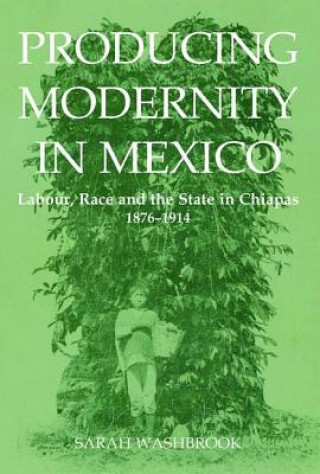
Kod: 02246587
Producing Modernity in Mexico
Autor Sarah Washbrook
Race, ethnicity and gender played an important role in the complex relationship between export agriculture, labour and state power in Chiapas during the regime of Porfirio Diaz (1876-1914). This case study of tropical plantation d ... więcej
- Język:
 Angielski
Angielski - Oprawa: Twarda
- Liczba stron: 400
Wydawca: Oxford University Press, 2012
- Więcej informacji o książce

Zobacz książki o podobnej tematyce
-

Lizo's Song Amharic version
6.18 € -

Ready-to-Use Ornamental Initials
7.28 € -10 % -

Origins of Reasonable Doubt
32.35 € -10 % -

Evaluating of Ketamine, Tramadol, Paracetamol, and Xylazine Combination in Sheep Anesthesia
51.52 € -9 % -

Shadows Behind Her Smile
18.96 € -10 % -

Builder's Calculations
27.05 € -1 % -

Argentina's Parallel Currency
68.40 €
Podaruj tę książkę jeszcze dziś
- Zamów książkę i wybierz "Wyślij jako prezent".
- Natychmiast wyślemy Ci bon podarunkowy, który możesz przekazać adresatowi prezentu.
- Książka zostanie wysłana do adresata, a Ty o nic nie musisz się martwić.
Więcej informacji o Producing Modernity in Mexico
Za ten zakup dostaniesz 297 punkty
 Opis
Opis
Race, ethnicity and gender played an important role in the complex relationship between export agriculture, labour and state power in Chiapas during the regime of Porfirio Diaz (1876-1914). This case study of tropical plantation development and a major regional study of modern Mexico analyses the politics of state-building and the history of land tenure and rural labour in the state of Chiapas in the period leading up to the outbreak of Revolution in 1910. The book also contributes to the growing history of indigenous peoples in Latin America, examining the changing relationship between Indian groups and non-Indian governments and economic interests in Chiapas during the nineteenth century. In so doing, it addresses questions of tradition, modernity, national state-building, globalisation and the development of capitalism in Latin America. The book argues that colonial caste identities and relations were no impediments to modernisation. Instead, they were modified by liberalism, reinterpreted through the lenses of positivism and scientific racism, and managed through an increasingly centralised state apparatus. Indian communities emerge, then, not solely as oppressed and marginalised, but as an integral part of increasingly centralised state power and as institutions through which growing demands for labour and taxes could be made. Debt peonage, too, was upheld by the liberal state, sanctioned by the law as a natural everyday relationship, and buttressed by traditional patriarchy and gender relationships. Thus, in Chiapas the Porfirian regime recycled and redeployed pre-existing social and political relations, reinventing tradition to serve the purposes of modernisation and progress. Linked to the twin processes of export development and national state-building were racism, the spread of coercive debt peonage, the increasing politicisation of land tenure, camarilla politics, caciquismo and growing regional divisions, which contributed to rising levels of social and political conflict prior to the arrival of northern revolutionary troops in Chiapas in 1914.
 Szczegóły książki
Szczegóły książki
Kategoria Książki po angielsku Society & social sciences Sociology & anthropology Anthropology
117.13 €
- Pełny tytuł: Producing Modernity in Mexico
- Autor: Sarah Washbrook
- Język:
 Angielski
Angielski - Oprawa: Twarda
- Liczba stron: 400
- EAN: 9780197264973
- ISBN: 0197264972
- ID: 02246587
- Wydawca: Oxford University Press
- Waga: 854 g
- Wymiary: 237 × 165 × 25 mm
- Data wydania: 26. January 2012
Ulubione w innej kategorii
-
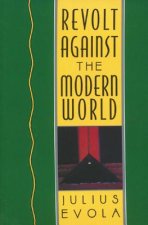
Revolt Against the Modern World
24.76 € -18 % -

Continuum Concept
13.37 € -19 % -

Watching the English
13.17 € -28 % -

Secret of Our Success
18.66 € -10 % -
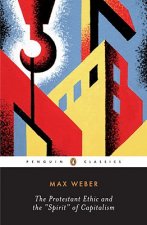
Protestant Ethic and Other Writings
15.07 € -28 % -

How Forests Think
38.74 € -

Totem and Taboo
6.68 € -27 % -

Consider The Lobster
10.58 € -27 % -

Kill All Normies - Online culture wars from 4chan and Tumblr to Trump and the alt-right
11.77 € -18 % -

Nordic Theory of Everything
11.17 € -28 % -
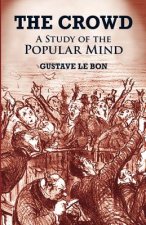
Crowd
10.58 € -18 % -

Cambridge Encyclopedia of Human Evolution
94.26 € -

Sixty Million Frenchmen Can't Be Wrong
17.97 € -20 % -

Dark Shamans
33.34 € -

Exercised
12.97 € -21 % -
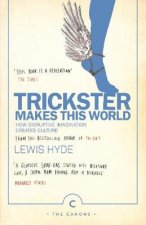
Trickster Makes This World
11.17 € -28 % -
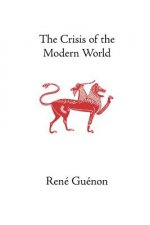
Crisis of the Modern World
17.07 € -

Combatting Cult Mind Control
20.36 € -

Utopia Of Rules
17.17 € -15 % -

Limits to Medicine
14.67 € -22 % -

Face and Mask
57.41 € -

Catching Fire
12.87 € -24 % -

Evolution of the Human Head
58.21 € -1 % -

Designs for the Pluriverse
35.54 € -
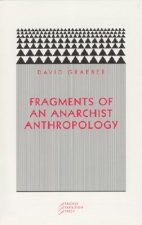
Fragments of an Anarchist Anthropology
13.17 € -5 % -

Five Roles of a Master Herder
16.77 € -15 % -

Human Story
13.17 € -28 % -

On Saudi Arabia
15.07 € -28 % -

Human Diversity
38.04 € -

Patterning Instinct
19.66 € -26 % -

Small Places, Large Issues
25.16 € -9 % -

Why Is Sex Fun?
10.18 € -28 % -

Great Paleolithic War
59.31 € -9 % -

Peoplewatching
17.07 € -28 % -

Botany of Desire
15.07 € -28 % -

Society Against the State
24.26 € -1 % -
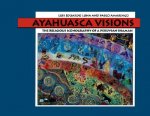
Ayahuasca Visions
32.54 € -18 % -
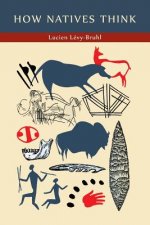
How Natives Think
22.16 € -

On Kings
29.75 € -5 % -

Nature, Ritual, and Society in Japan's Ryukyu Islands
74.69 € -

Exploration and Discovery - Treasures of the Yale Peabody Museum of Natural History
24.26 € -10 % -

Bones of Contention
44.03 € -

Introducing Anthropology
10.48 € -18 % -

Interaction Ritual
71.59 € -

Natural History of Human Morality
24.76 € -1 % -

Homo Necans
43.93 € -

School and Society
7.68 € -23 % -

Dancing with the Dead
32.25 € -

Invitation to Reflexive Sociology
29.45 € -8 %
Osobní odběr Bratislava a 2642 dalších
Copyright ©2008-24 najlacnejsie-knihy.sk Wszelkie prawa zastrzeżonePrywatnieCookies



 Vrácení do měsíce
Vrácení do měsíce Zdarma od 49.99 €
Zdarma od 49.99 € 02/210 210 99 (8-15.30h)
02/210 210 99 (8-15.30h)